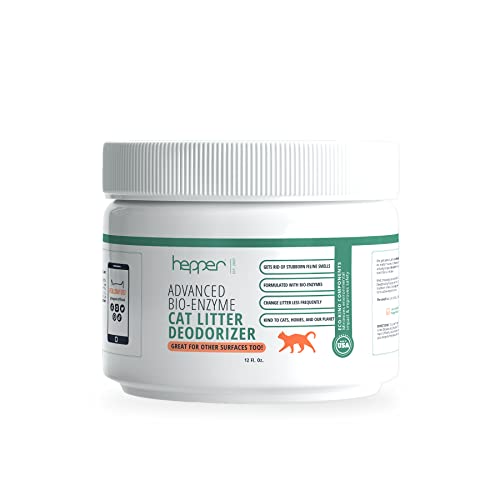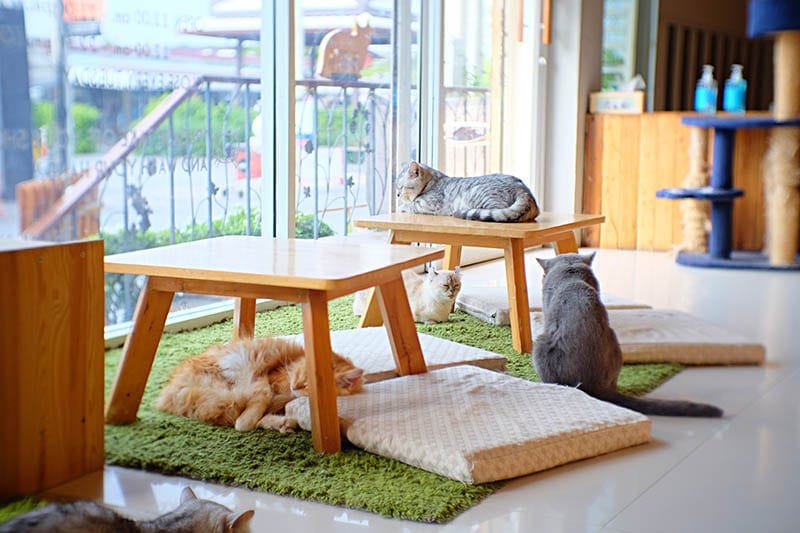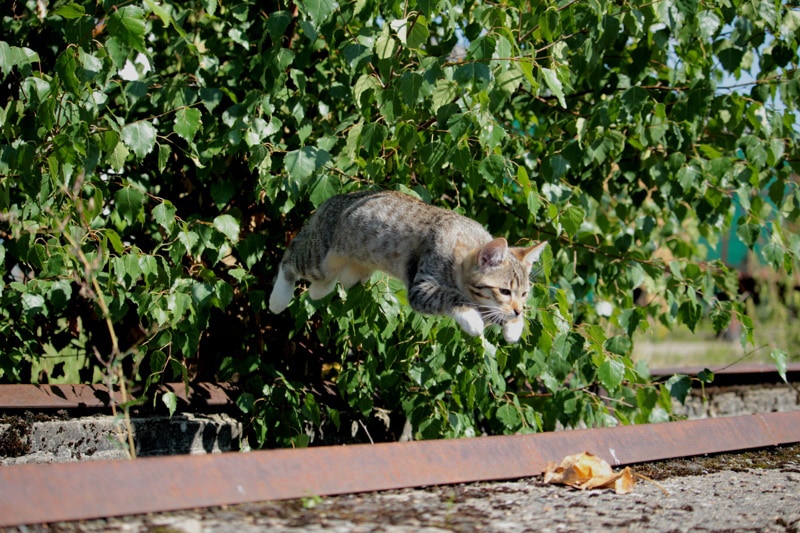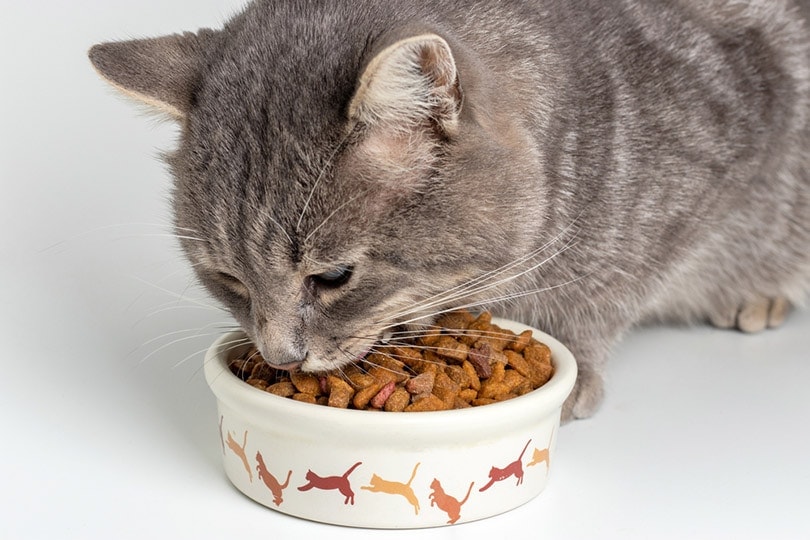When Do Kittens Start Pooping? (With Poo Color Chart)
By Oliver Jones
Updated on
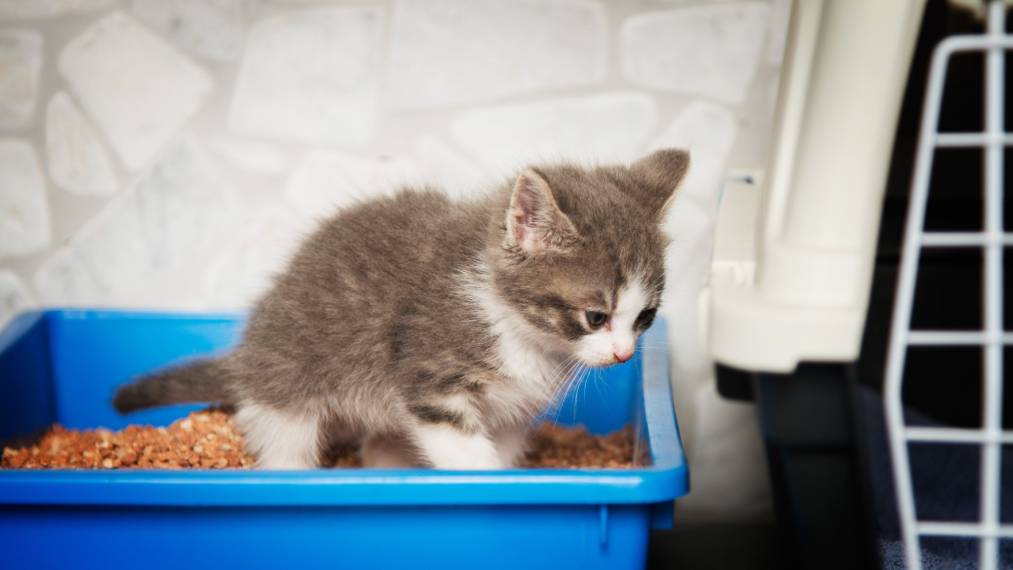
Click to Skip Ahead
One of the most common questions about kittens is “When do they start pooping?”. It’s a great question to ask because the answer is important. Kittens start pooping when they are between 3 and 4 weeks old. Below, we’ll go deeper into answering that question, plus a few other common questions about kitten bathroom habits.
When Exactly Will My Kitten Start Pooping?
Most kittens cannot poop (at least on their own) until after they’ve crossed the 3-week-old mark. If they are still with their mother, she will stimulate them so they are able to pee and poop, but if you are playing the role of mama cat instead, you will need to take over this task (we’ll cover how below!). Around the 4-week mark is when you can typically expect your cat to be able to start pooping on its own.
How to Get Your Kitten to Poop
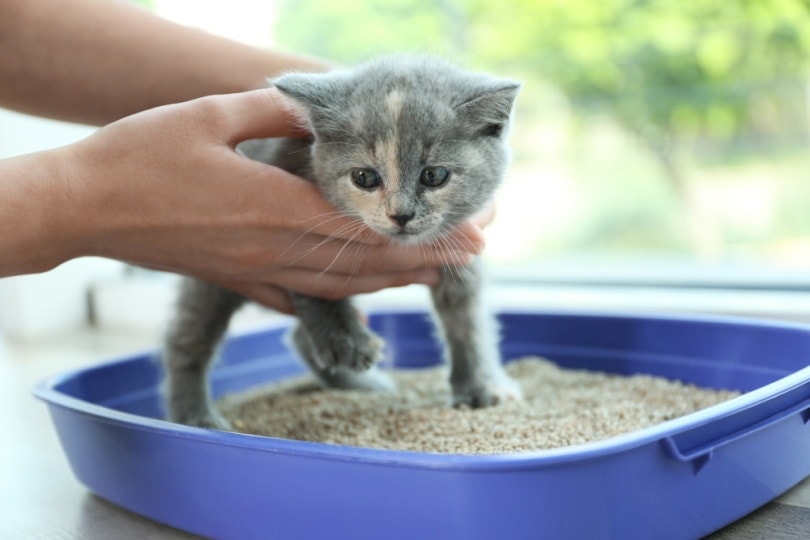
Helping your kitten to poop isn’t very complicated, thankfully. There are just a few steps you need to follow:
- Wet a washcloth or cotton ball with warm water—just enough to get it damp.
- Usually, a mama cat would use her tongue to get her kittens to poop, so you will replace that with the washcloth or cotton ball and gently rub around your kitten’s genitals, abdomen, and bottom in circles.
- Keep doing this until your kitten poops but keep an eye on them to make sure they aren’t experiencing any discomfort.
- Once your kitten has pooped, clean them up if needed.
- Do this after each feeding.
If your kitten doesn’t poop every time after eating, it’s okay—not going once or twice won’t harm them.
How Often Should Kittens Poop?
Young kittens will usually go to the bathroom after every meal, but this will decrease the older they get. So, if you’re feeding your cat several times a day, you can expect them to poop roughly the same number of times. As their digestive systems become better equipped with dealing with food and waste, they should only poop once or twice a day. Always keep an eye on your kitten’s bathroom habits—you want to make sure their stool looks consistent and well-formed.
Diarrhea
If your kitten is experiencing diarrhea, the cause could be one of many things. It may be because of a new brand of food that their stomach isn’t quite used to, or it may be that you’ve given them cow’s milk, an item they can’t digest. Both will cause temporary diarrhea and can be easily fixed by taking away the milk or getting them slowly used to a new food by mixing it with their old one. However, there are other causes of diarrhea that are more concerning, such as parasites and worms, viral and bacterial infections, and environmental stressors (like moving to a new home). These will cause longer periods of diarrhea.
If diarrhea lasts more than a day or two, you should visit your vet. Diarrhea can cause a kitten to dehydrate rather quickly due to its small stature.
Messes and smells are part of living with a cat, but you don't want to spend your whole day cleaning!
- Bio Enzymatic Cat Litter Freshener - Smart formulation uses natural ingredients eliminating cat...
- Save Money - Stuff for cats isn’t the cheapest. With this litter box odor eliminator, you’ll...
Our Hepper Advanced Bio-Enzyme Cat Litter Deodorizer can help keep your litter box smelling fresh for longer. This natural litter additive uses bio-enzymes to "eat away" the odors, saving you time and money. It's fragrance-free, safe for cats of all ages, effective on all types of litter, and fully biodegradable.
Constipation
On the flip side, your little one might be having a hard time going. If your kitten hasn’t pooped for two to three days, it may be suffering from constipation. As with diarrhea, this could be caused by a variety of issues such as parasites, a blockage from eating something they shouldn’t have, dehydration, or an improper diet.
If you haven’t seen your kitten go in the past couple of days, you should get them a vet so they can find the cause of the problem. And an extremely important note, do NOT try giving your kitten an at-home enema—you might end up killing them.
What Should Kitten Poop Look Like?
Finally, it’s vital to know what your kitten’s poop should look like so you can identify if any problems arise. For kittens three weeks and under, stools should be brown (but may occasionally have a yellowish tint) and primarily firm. As they get older, their poop may become a lighter or darker brown (depending on what they’re eating), but if it’s brown and firm, all is well.
When your kitten’s poop shows up in other colors is when you should be concerned. Below is a quick rundown of what different colors of poop mean.
Kitten Poop Identification Chart
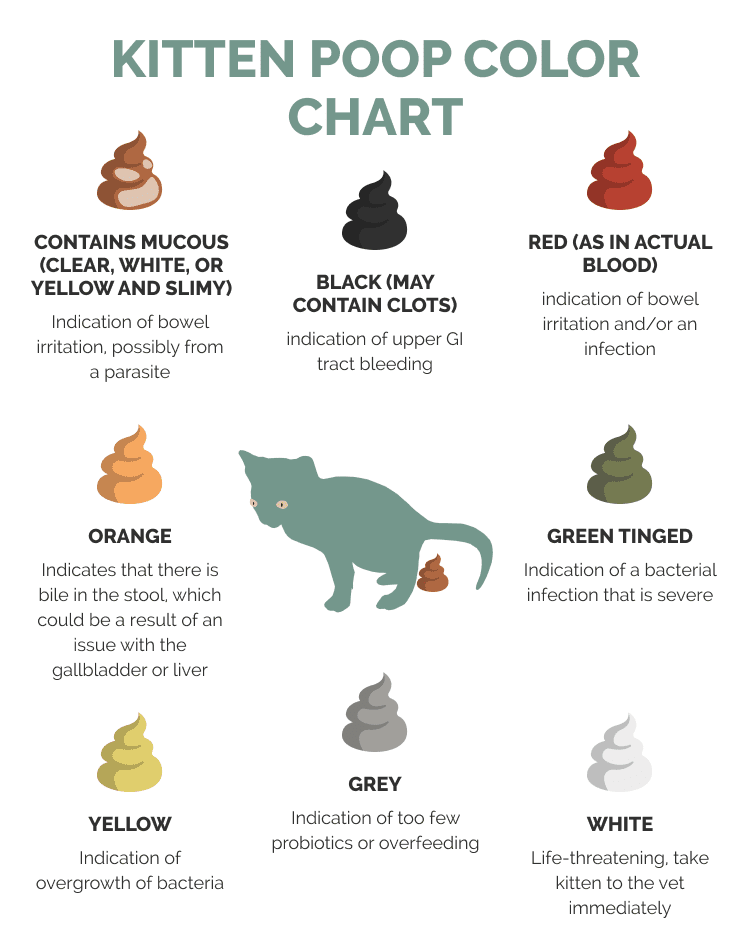
And as far as consistency goes, as mentioned above, your kitten’s poop should be firm (if it’s a little soft, it’s still in the range of normal). Any other consistency means you should take your kitten for a check-up.
Final Thoughts
Kittens are a blast to have around the house, but it’s essential to be well informed of their needs before getting one. You should be aware of when they’ll reach certain milestones, so you know what to look for in case something goes wrong. As long as you’re prepared, though, your kitten should be healthy and well for a long time.
Featured Image Credit: Stefano Garau, Shutterstock

